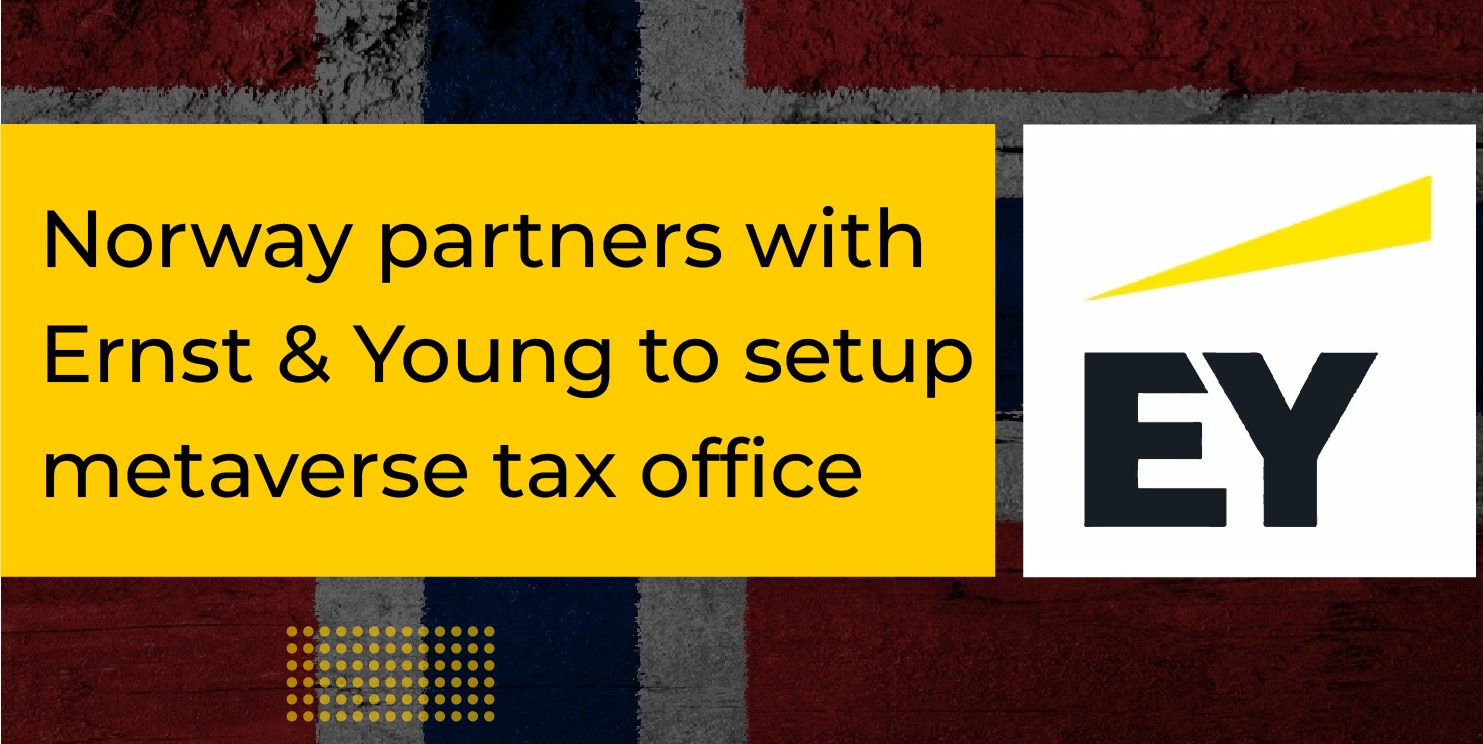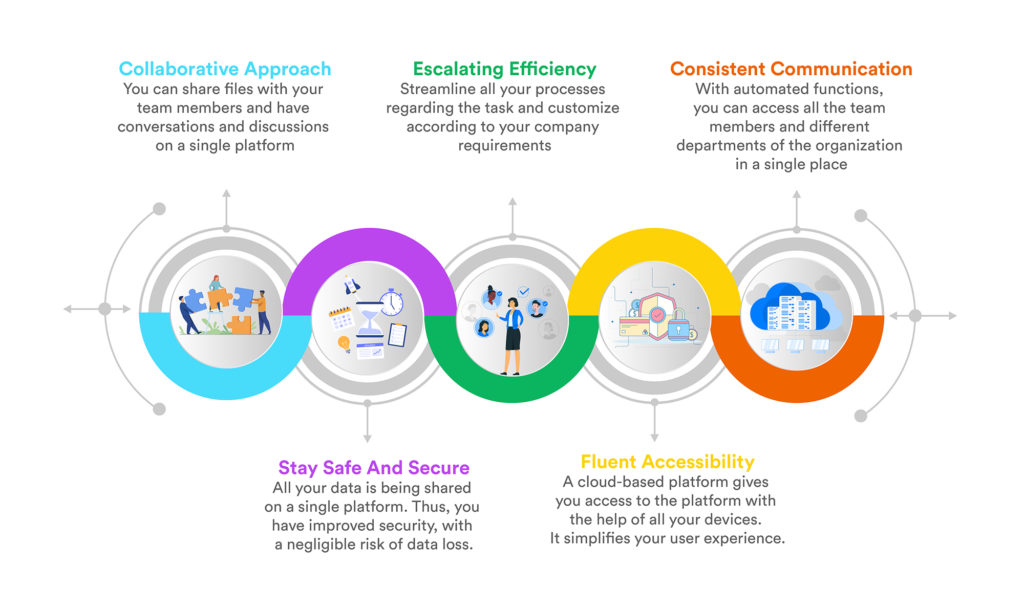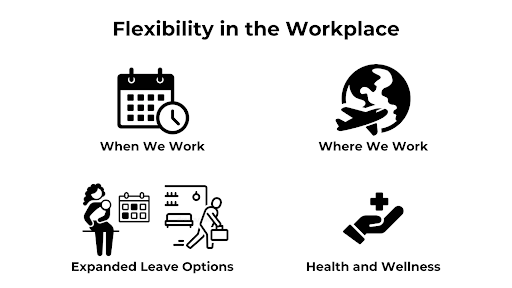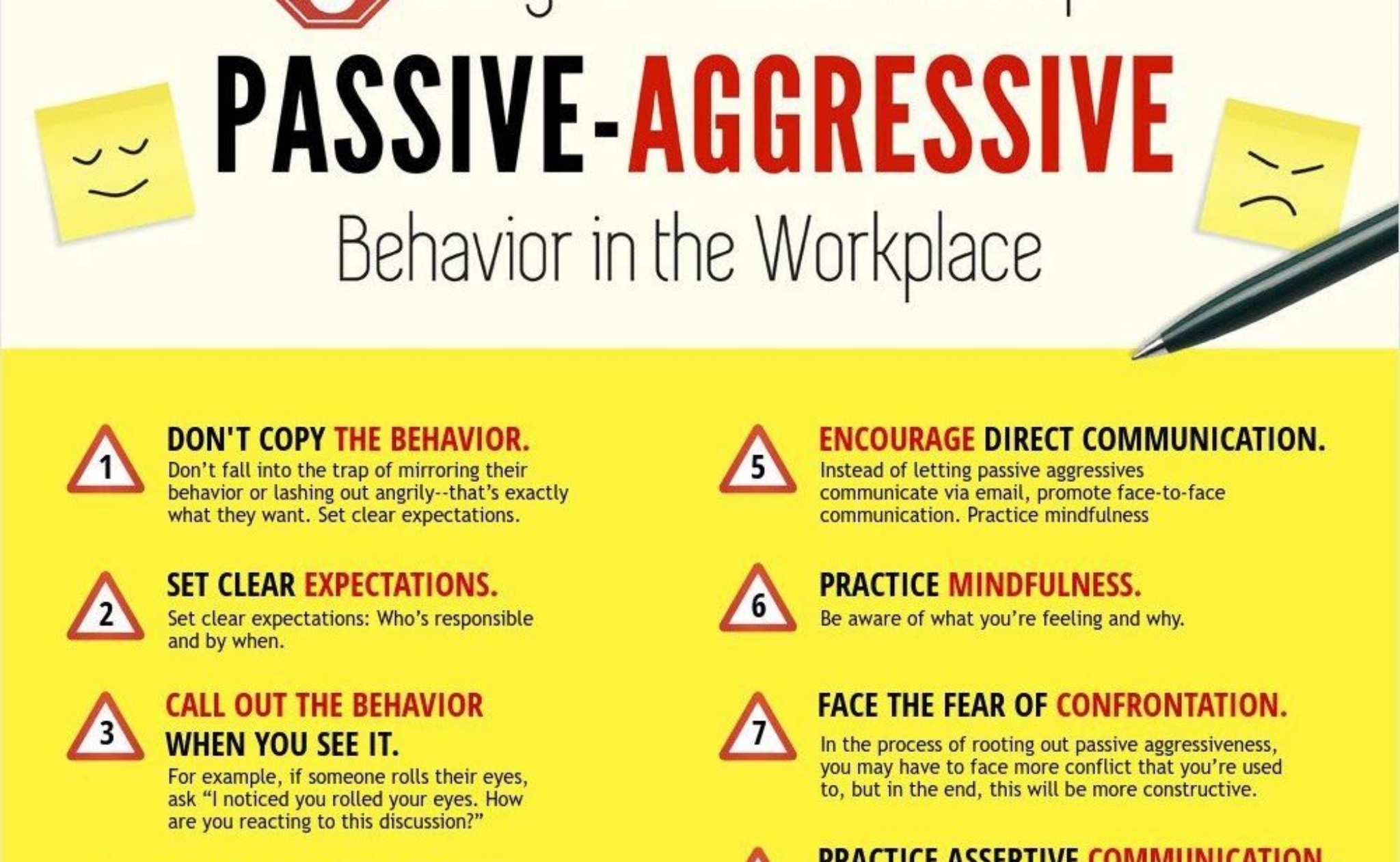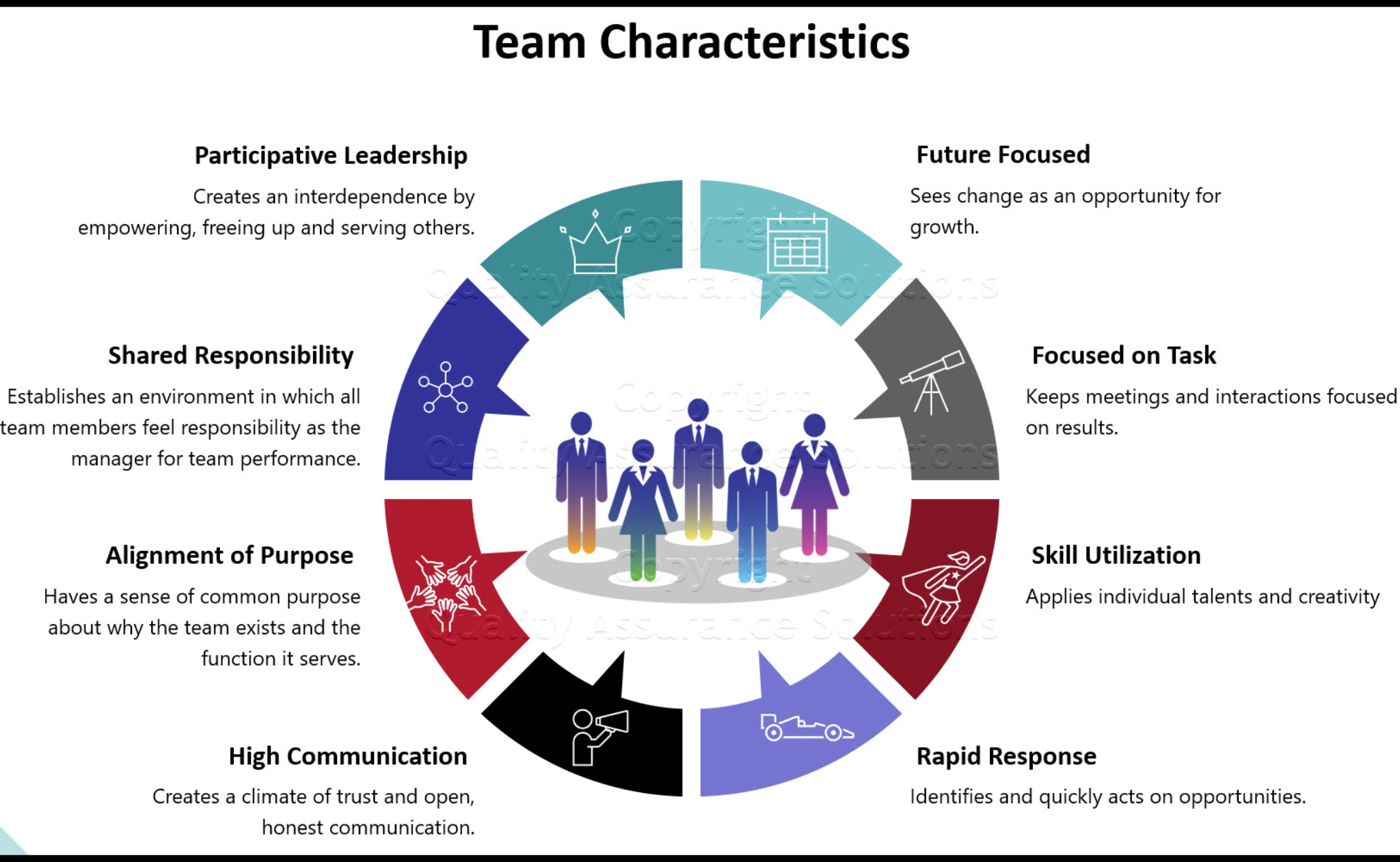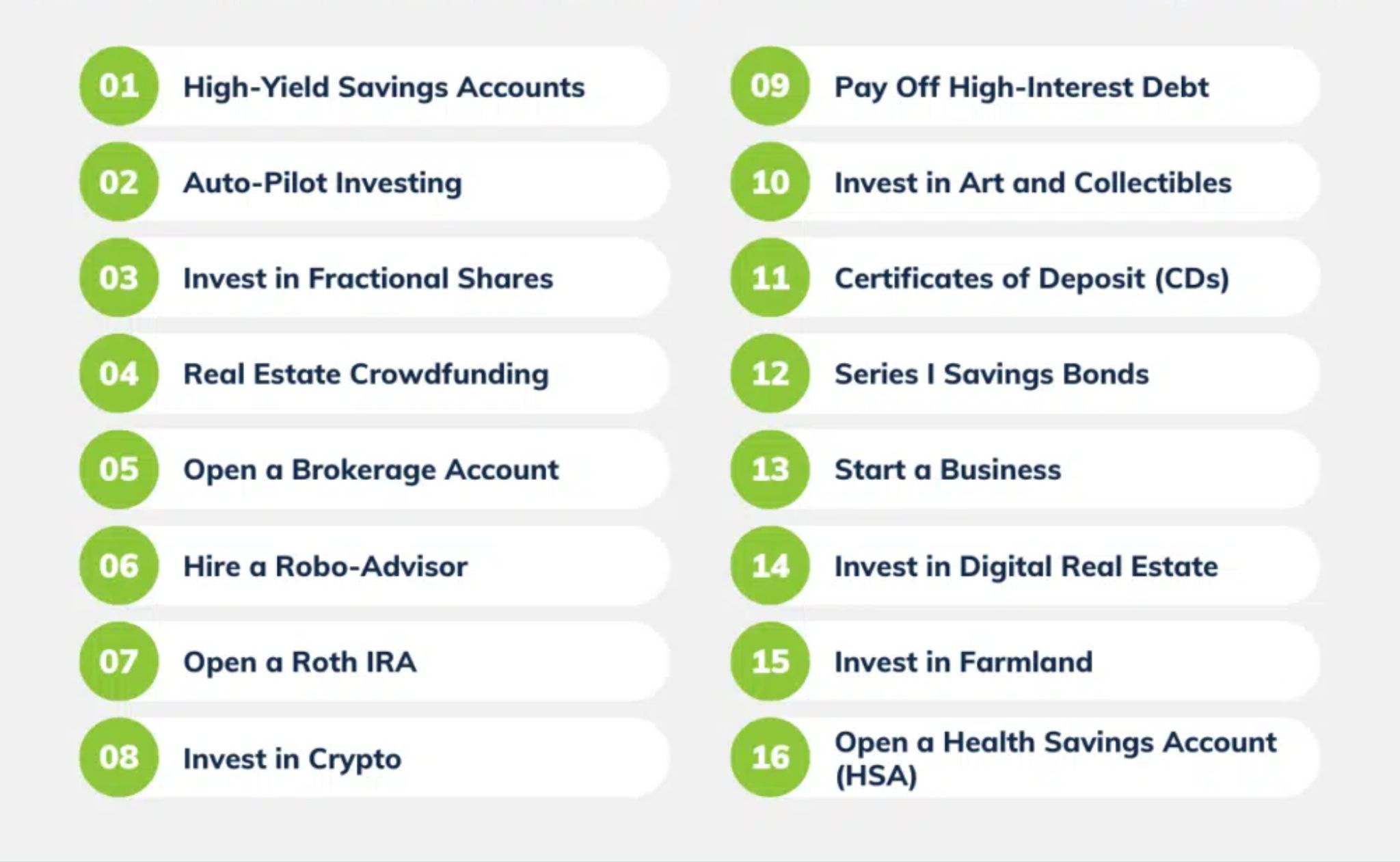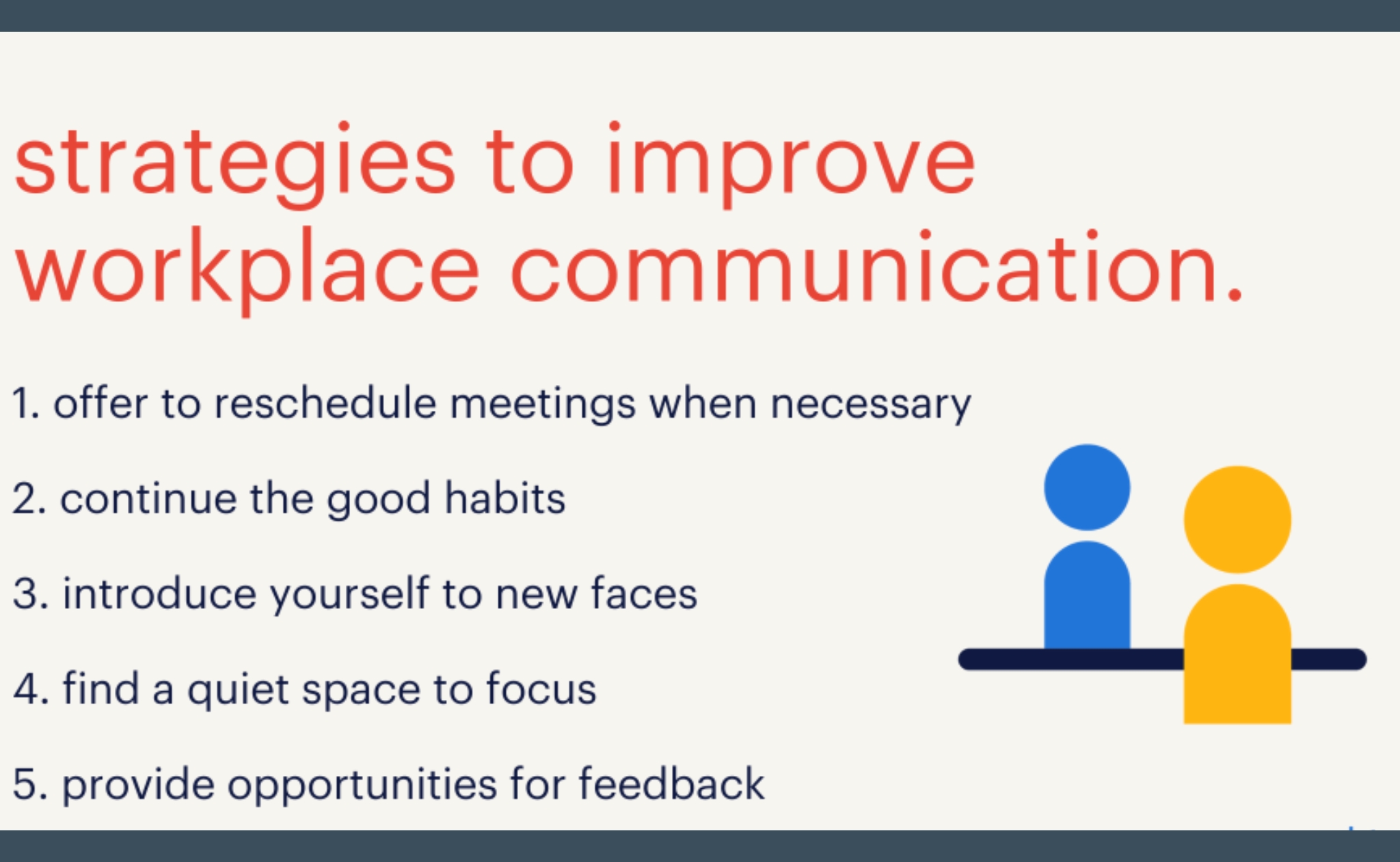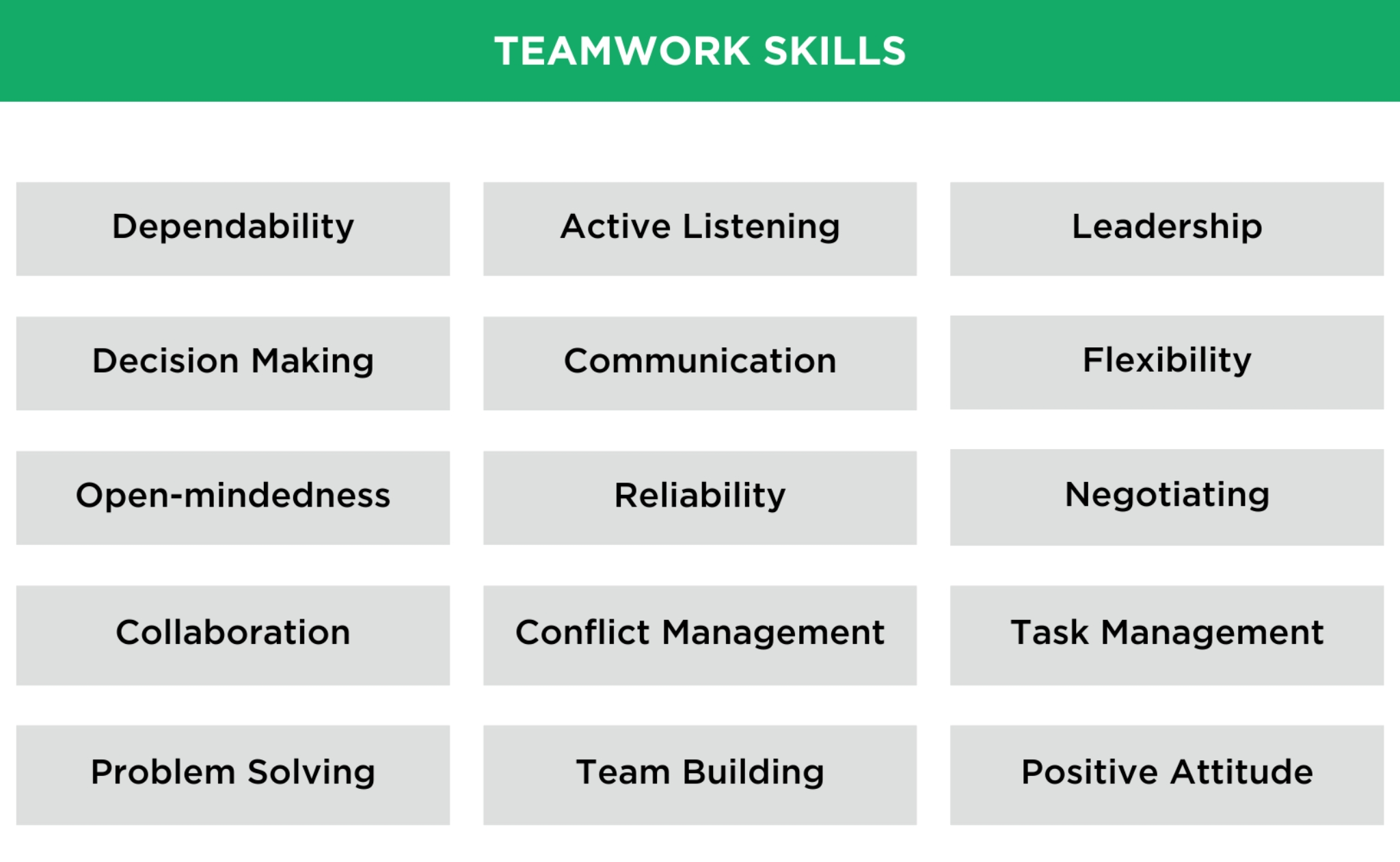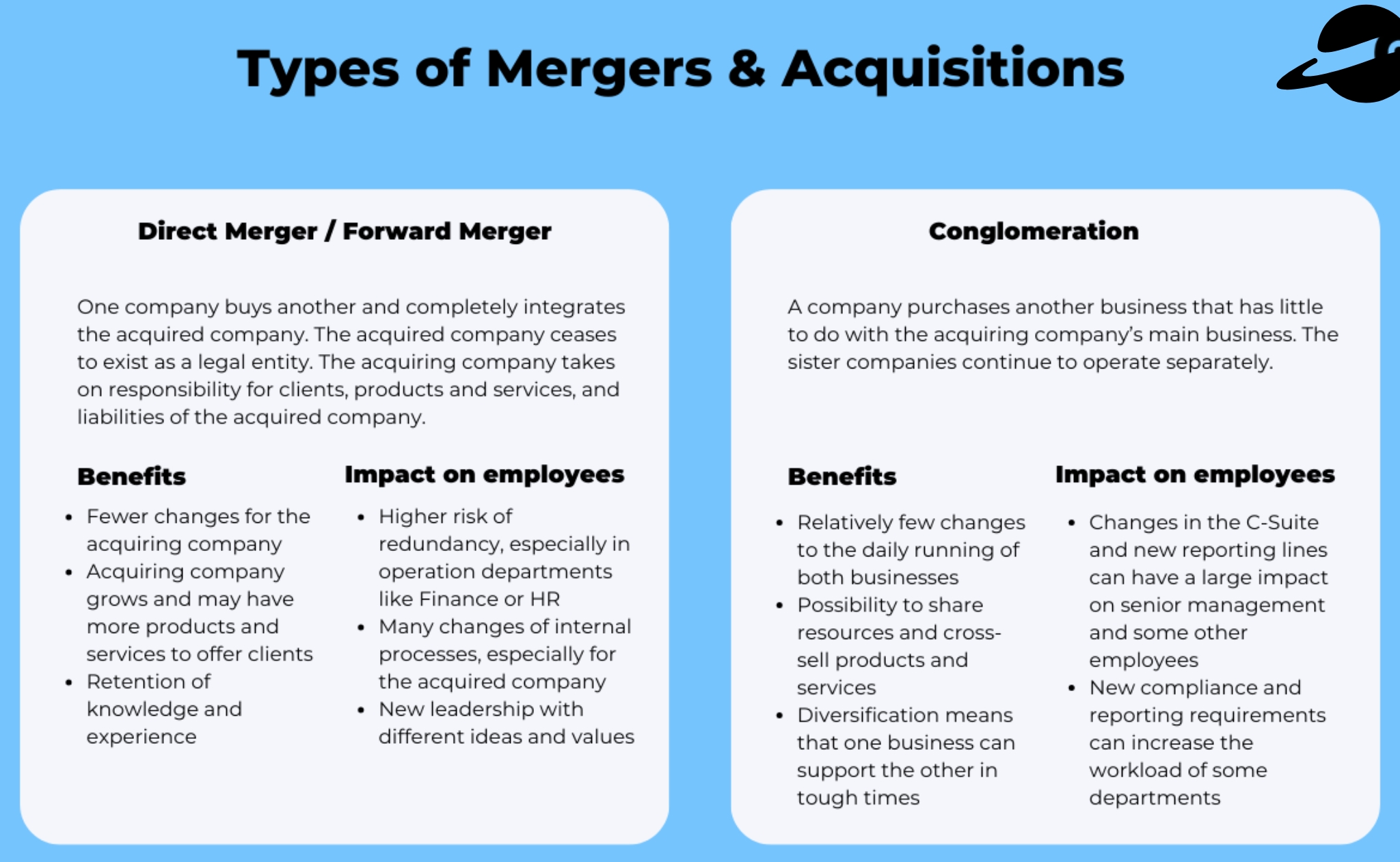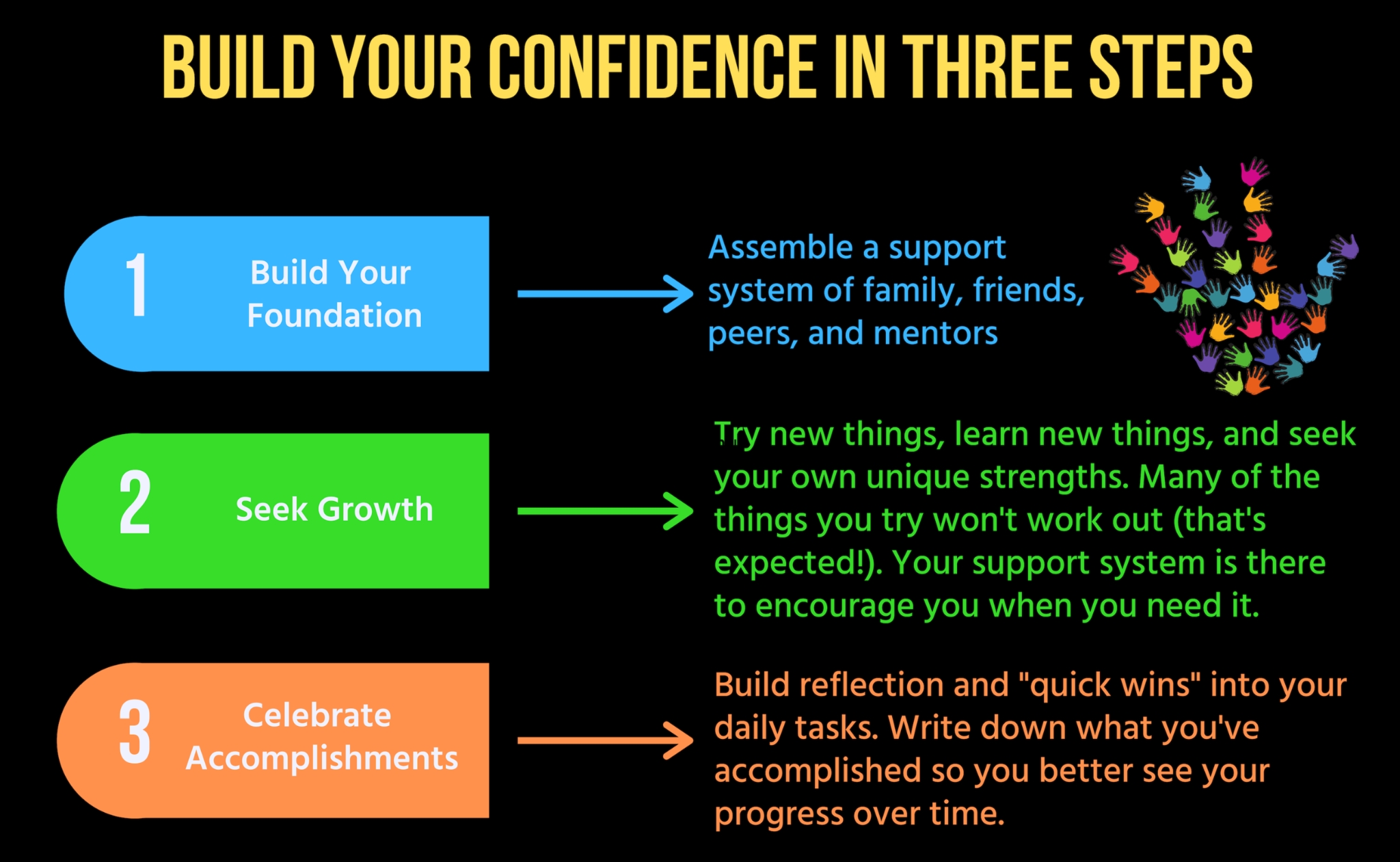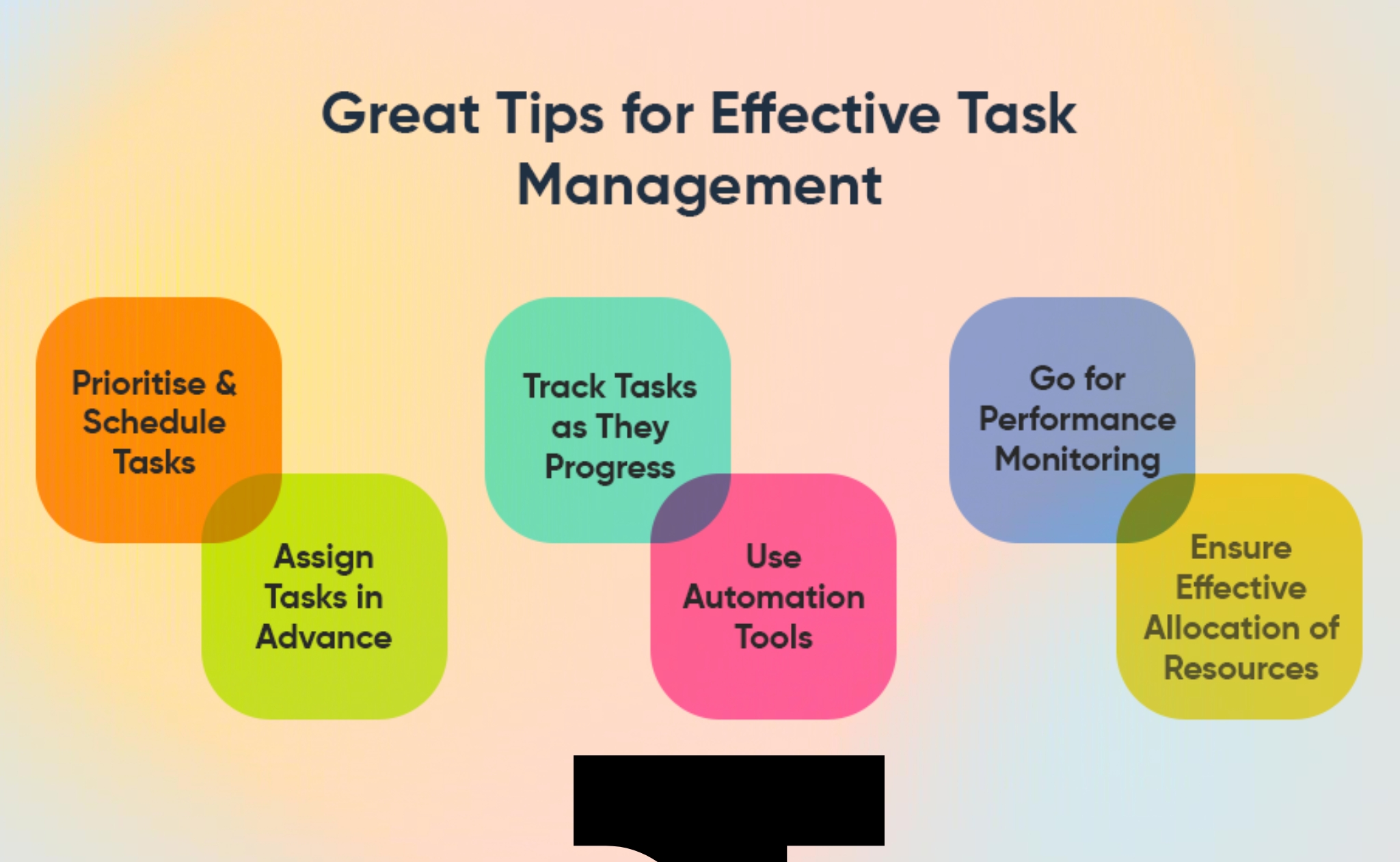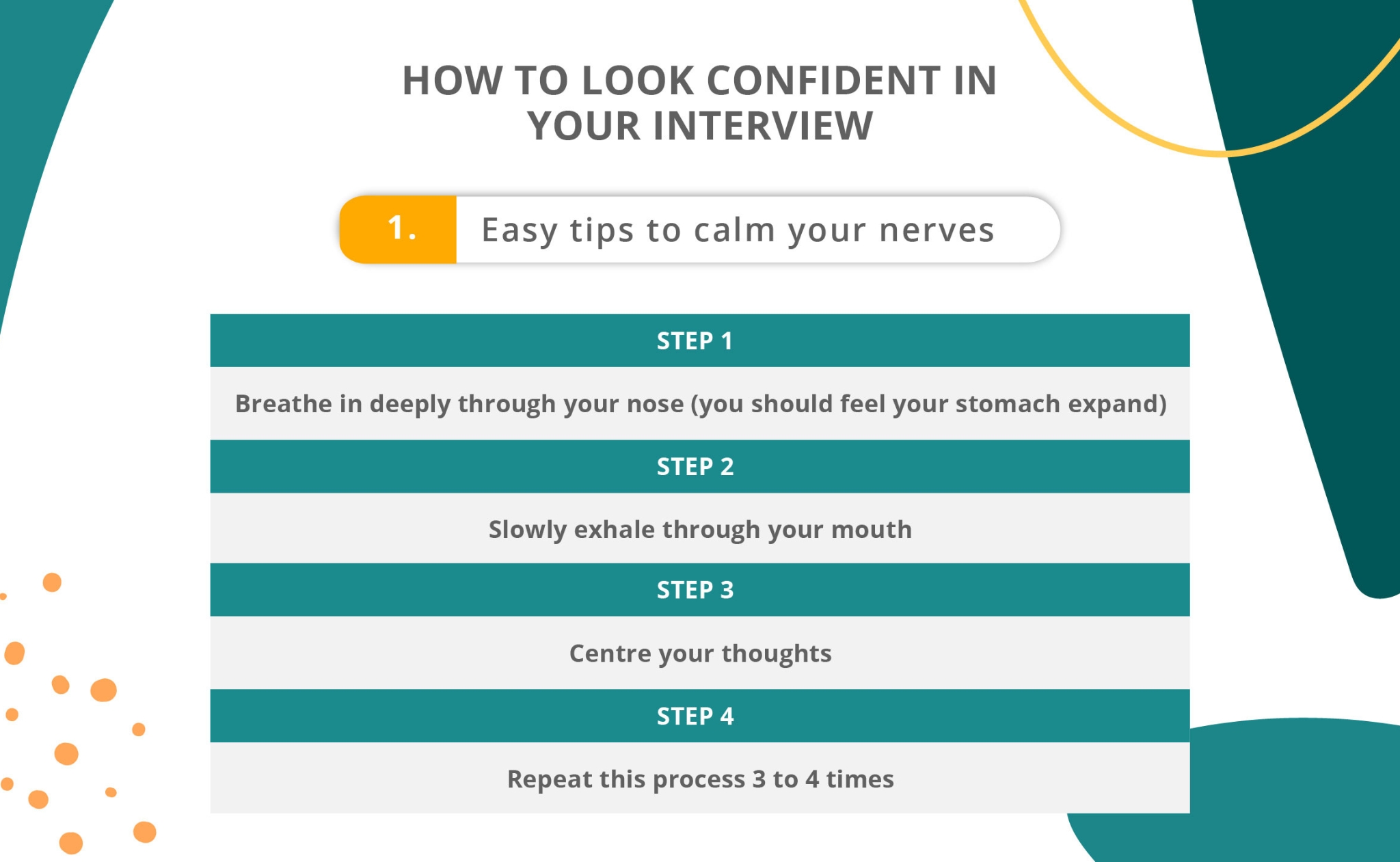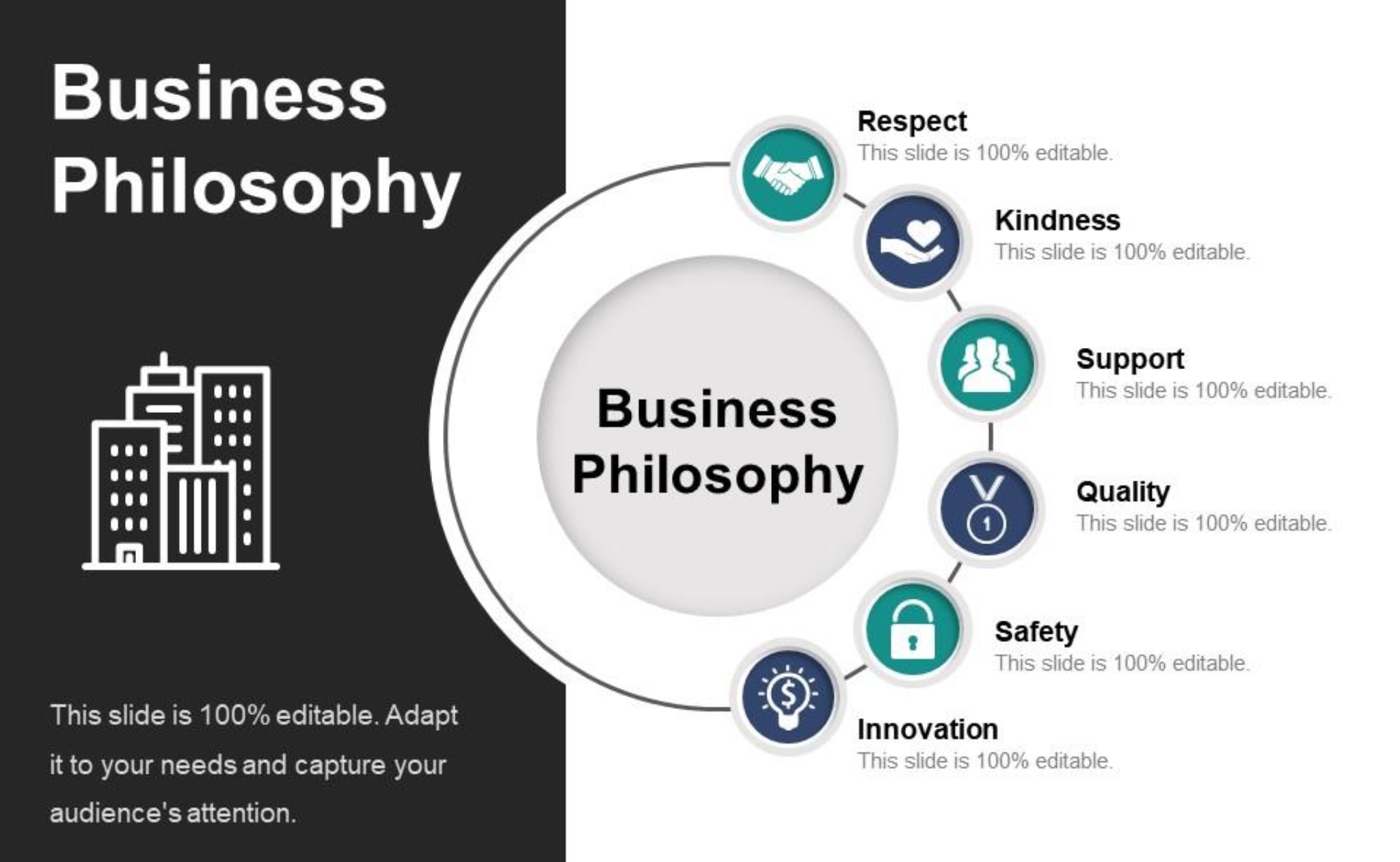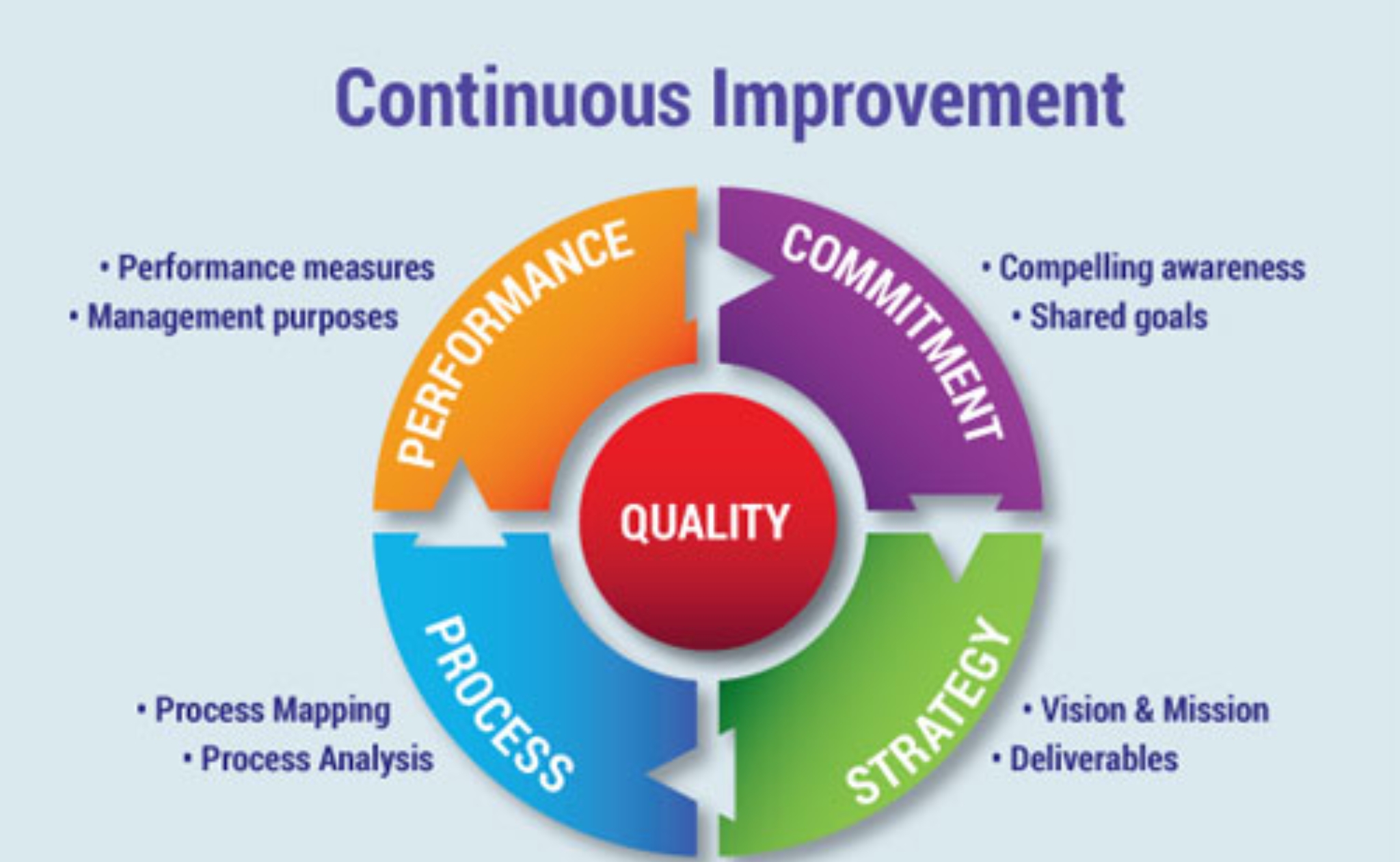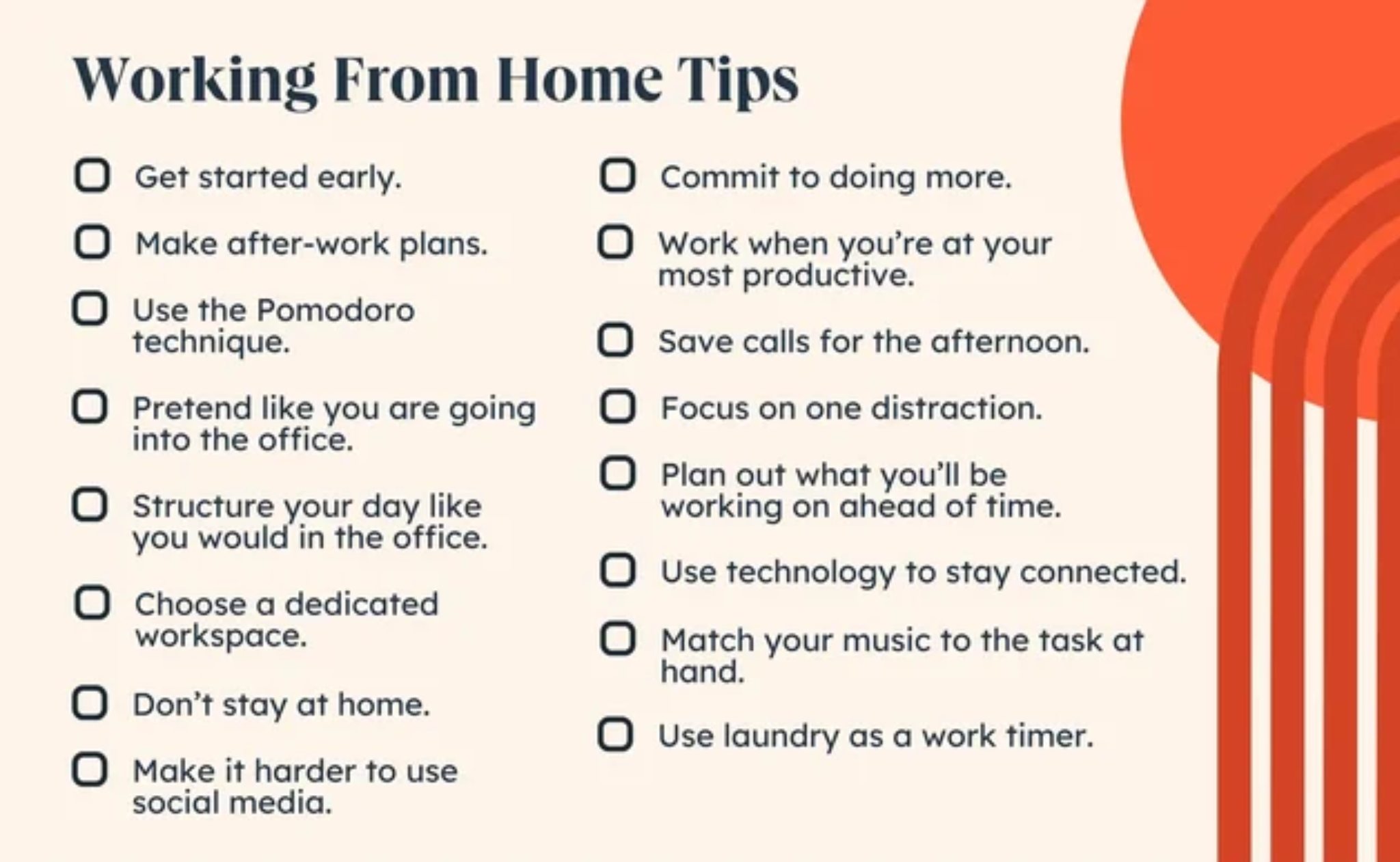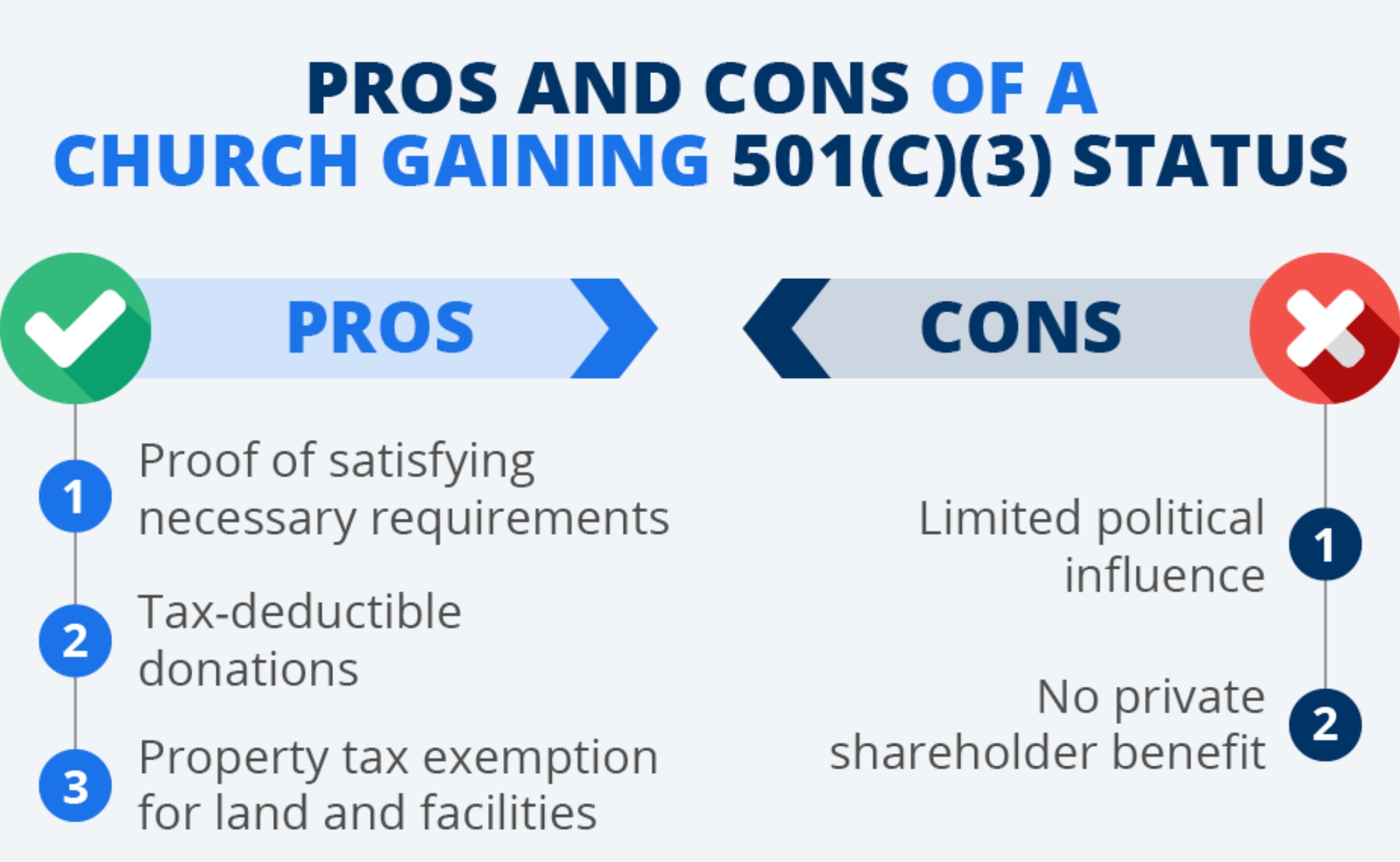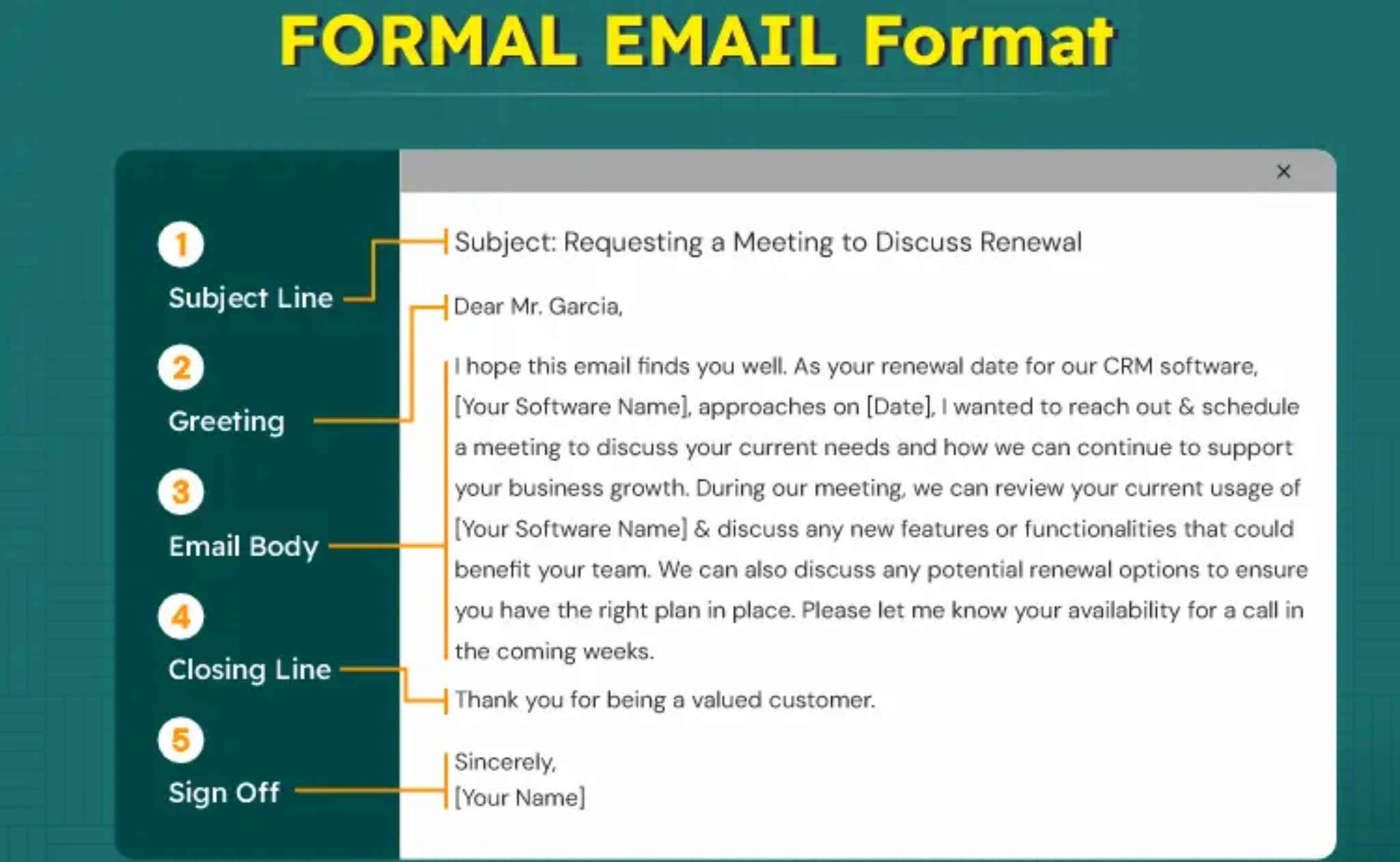Introduction
Trust doesn’t come easily, especially in a workplace setting. Many employees find themselves feeling defensive at work the majority of the time.
This may be a result of work-related stress or the fear of an upcoming performance review.
Employees just also tend to be at least slightly intimidated by their boss in the workplace. It’s certainly nothing new.
But as we all know, sensing that your employees feel afraid or intimidated at work does not make for an effective or comfortable work environment.
This is why it’s so important to utilize strategies for building trust with employees. The strategies listed below will offer some basic guidelines that you can start to implement immediately.
Contents [hide]
Suggestion Box
Offering a suggestion box to employees is a classic tool for encouraging employee engagement. And when employees feel that they’re being heard and that their ideas are genuinely taken under consideration, they’ll be happier overall.
And happy employees are much more likely to trust you as well as their peers.
And that’s why just offering a suggestion box isn’t enough. You’ll need to also check it regularly and establish a forum in which you can address ideas that have been submitted.
It’s also up to you whether you’ll allow suggestions to be made anonymously.
And since it’s no longer the 90s, you don’t have to make a physical suggestion box. Instead, you may want to set up a separate email address or ask an office manager to organize the suggestions into a master list.
If employees are open to the idea, you could even hold a weekly or monthly meeting where you can address suggestions and concerns as a group.
Don’t Make Promises You Can’t Keep

Many office leaders make the mistake of trying to get employees to like them by making sweeping promises about improvements they’ll make to the office.
If you are genuinely planning on making such improvements to the workplace, then, by all means, you can inform your employees of what changes will be made.
But if you only have vague ideas for improvements and none of them have yet been approved by corporate company leaders, then it’s best to refrain from making outlandish promises.
It may also prove to be a mistake to try and be everyone’s friend in the office. The impulse to be a highly accessible boss can be tempting, and as we discuss later in this article, making yourself more accessible can be a great idea.
But there are boundaries to this management style, and you may quickly find yourself being taken advantage of.
It’s also important to make it clear to your employees that you love your work.
Open-Door Policy
Communicating with your employees, especially on an individual basis, may be the single best way to start to develop trust with your staff.
And while your workday is almost certainly busy, establishing an open-door policy can be a great way to enhance communication with employees.
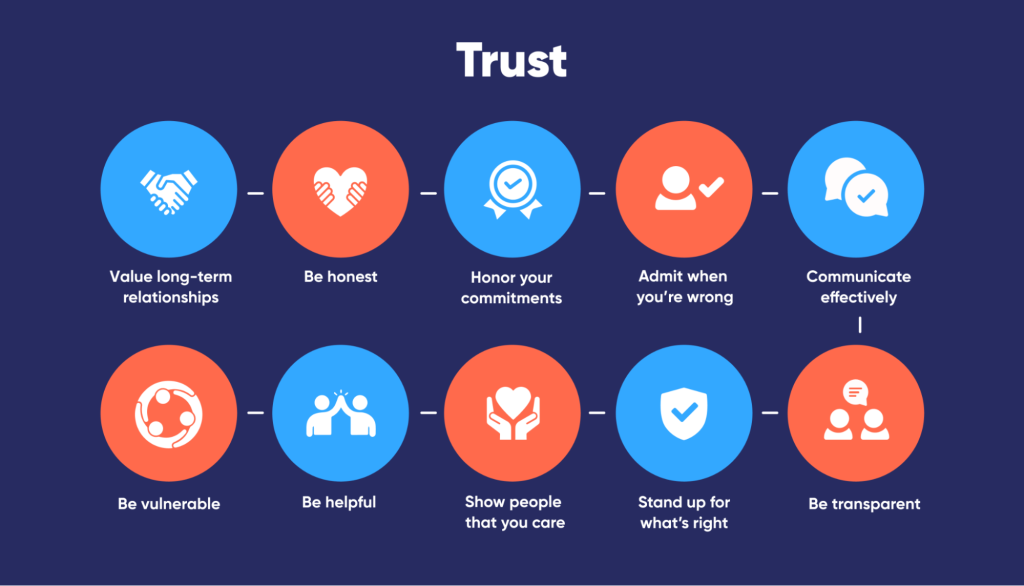
This doesn’t mean that you should allow employees to approach you with basic complaints about other co-workers or minor day-to-day problems.
These issues should be addressed by a human resources representative, in just about all cases. If the issue is very serious, then the HR rep will, in turn, bring it to your attention.
But when it comes to big-picture issues or concerns about personal performance, allowing employees to approach you with their concerns will make for a much more open and communicative office environment.
This method will also allow you to stay in the know when it comes to how the office is doing as a whole.
Be Honest About Upcoming Changes
Another important form of communication that can allow for more trust in the office is to be honest with employees about major changes within the company.
Corporate policies sometimes prevent managers from sharing too many details about the inner workings of the company, but beyond that, you should feel free to keep employees informed.
For example, if recent incidents caused the company’s former CEO to step down from his or her role, then you should most likely pass this information along to your staff, even if the news isn’t likely to affect their day-to-day activities.
Employees will appreciate being entrusted with this kind of information and may be more motivated to stay on top of company news in the future.
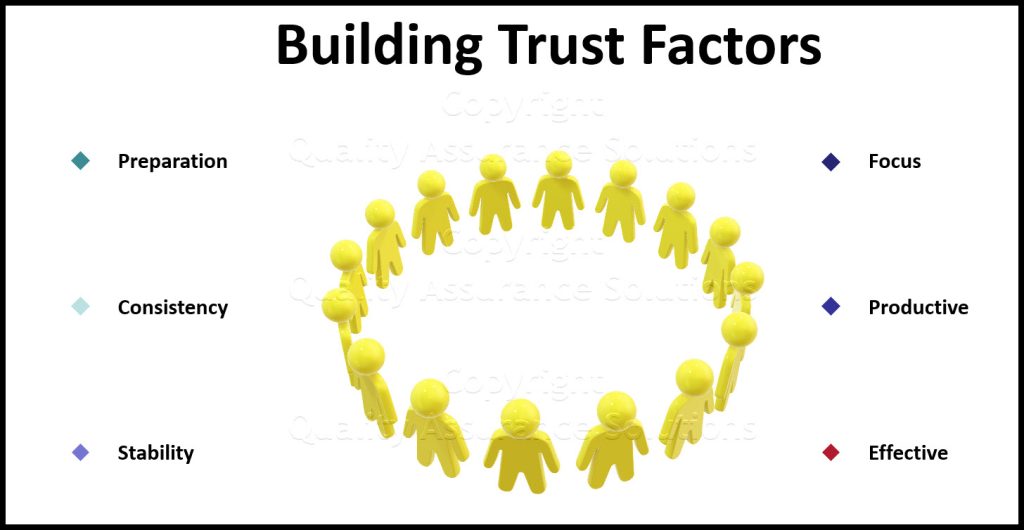
Acknowledge a Job Well Done
This particular piece of advice is fairly simple: when an employee goes above and beyond their job requirements and does some great work, tell them as much.
Make it clear that you appreciate when employees dedicate their time and effort to doing impressive work that could have the potential to benefit the company as a whole.
And when other employees notice this praise, they will feel more motivated to work hard and achieve similar results.
Give Honest Feedback
Giving honest feedback to your employees ties back in with the idea of having open lines of communication with the members of your staff.
But this time around, we’re applying the principle specifically to employee performance reviews.
Most companies require these reviews on an annual basis, if not even more often.
And when they come around, it’s a great chance to be honest with each of your employees on a one-on-one basis.
No one will improve if you simply decide to avoid uncomfortable conversations about areas of work performance that could be improved.
Keep an encouraging and positive tone and point out specific areas where employees could be doing even better than they already are.
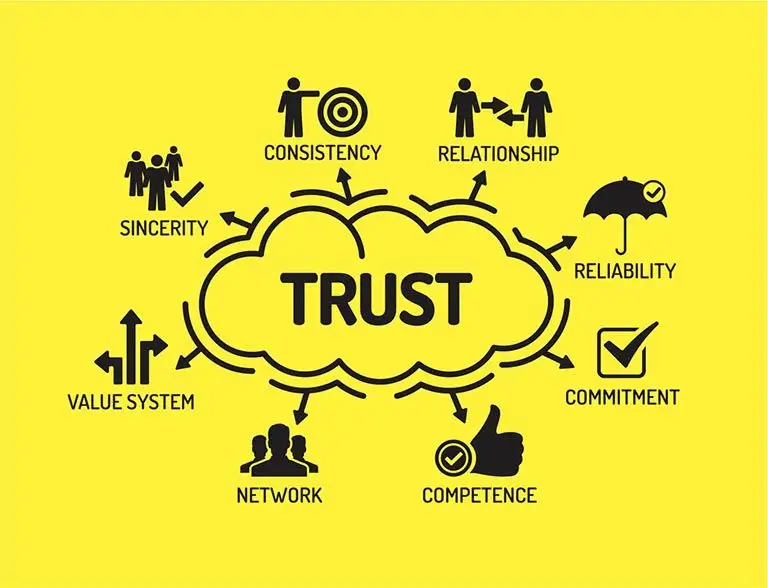
Treat Everyone with Respect
Hopefully, this suggestion goes without saying in an office environment, but we’ll mention it anyway as a helpful reminder.
You need to treat absolutely everyone in your office with respect. This is basic human decency, but it’s also a way to build trust with your employees.
The more you respect others, the more likely you are to make yourself worthy of respect. Even if you find issue with a specific staff member, they still deserve your respect and you deserve theirs.
It’s a two-way street, and if someone has decided not to respect their co-workers, then it could become a serious issue in the near future.














